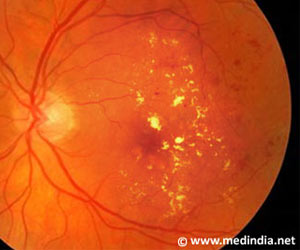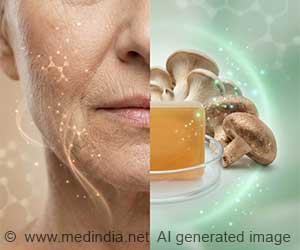Discover the profound influence of environmental exposures on cardiovascular health. Explore the exposome concept and its implications in preventing heart diseases.
- Environmental exposures, such as air pollution, have a significant impact on cardiovascular health
- Green environments and open spaces have positive effects on heart health
- Understanding the link between environmental factors and cardiovascular diseases is crucial for prevention and treatment
The Exposome and Cardiovascular Health
Go to source).
TOP INSIGHT
Dive into the world of the exposome and its impact on heart health! Uncover the role of air pollution, green spaces, and toxic metals in cardiovascular diseases. #HeartHealth #Exposome #EnvironmentalInfluences
Understanding the Exposome and Its Significance
The exposome encompasses all the environmental factors an individual encounters throughout their lifetime that can potentially influence their health. It includes various elements such as air pollution, green spaces, toxic metal exposure, and more. Recognizing the significance of the exposome opens up new avenues for understanding and preventing cardiovascular diseases.Environmental Exposures and Cardiovascular Health
Air quality plays a crucial role in cardiovascular health. Exposure to pollutants such as fine particulate matter (PM2.5) and nitrogen dioxide (NO2) has been linked to an increased risk of heart disease and stroke. These harmful particles can enter the bloodstream, leading to inflammation, oxidative stress, and damage to blood vessels. On the other hand, access to green spaces has been associated with better cardiovascular health outcomes. Spending time in nature and having access to parks or green areas has shown positive effects on blood pressure, stress reduction, and overall well-being. Green spaces promote physical activity and provide a calming environment that can help lower the risk of heart disease.Toxic metal pollution poses another threat to cardiovascular health. Heavy metals like lead, mercury, and arsenic can accumulate in the body through contaminated water, soil, or food. Prolonged exposure to these toxic metals has been linked to an increased risk of hypertension, heart disease, and other cardiovascular problems. Efforts to reduce toxic metal pollution are crucial for protecting heart health.
Quantifying and Assessing the Exposome
Researchers employ various tools and techniques to quantify and assess the exposome. Remote sensing tools are used to monitor environmental parameters such as temperature, air quality, and greenery. This data helps identify areas with high pollution levels or limited green spaces, which can guide interventions to improve cardiovascular health.Biomarker-based studies offer insights into the impact of environmental exposures on the body. By analyzing specific biomarkers in blood samples, researchers can detect signatures of exposure to pollutants and assess their relationship with cardiovascular health outcomes. These biomarkers provide valuable information on the mechanisms through which environmental factors influence heart health.
Furthermore, the social vulnerability index combines demographic and socioeconomic data to understand the impact of psychosocial stressors on cardiovascular health. It highlights the importance of considering social determinants and their contribution to cardiovascular disease risk.
As we delve deeper into the connection between environmental exposures and cardiovascular health, it becomes evident that the exposome plays a crucial role in shaping our heart health. By recognizing the impact of air quality, green spaces, and toxic metal exposure, we can take steps to mitigate these risks and promote cardiovascular well-being. Continued research and a comprehensive approach to assessing the exposome will pave the way for improved strategies in preventing and managing cardiovascular diseases.
Reference:
- The Exposome and Cardiovascular Health - (https://www.sciencedirect.com/science/article/abs/pii/S0828282X23004506)
 MEDINDIA
MEDINDIA





 Email
Email





